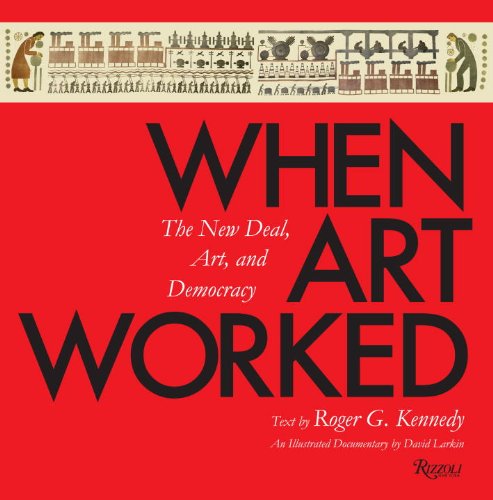
Deal And Kennedy Corporate Culture Pdf Free
Deal And Kennedy Corporate Culture Pdf. Organizational Culture1 By Kathryn A Baker The literature on organizational culture is as relevant to. The New Deal was a series of programs, including, most notably, Social Security, that were enacted in the United States between 19, and a few that came later. This free course is available to start right now. Review the full course description and key learning outcomes and create an account and enrol if you want a free statement of participation. Deal and Kennedy’s (1982) model, based on two dimensions, suggested that the biggest single influence on a company’s culture was the business.
Whatare Culture Types? DescriptionTerrence Deal and Allan Kennedy were among the first to write aboutcorporate culture. In their 1982 book Corporate Cultures: The Rites andRituals of Corporate Life, they define organizational culture asthe way things get done around here.Deal and Kennedy argue corporate culture is based on an interlocking ofsix elements: history, values and beliefs, rituals and ceremonies, stories,heroic figures and the informal cultural network of storytellers, gossipers,whisperers, spies and priests.
Business experts everywhere have been finding that corporations run not only on numbers, but on culture. Organization consultants Terrence Deal and Allan Kennedy probe the conference rooms and corridors of corporate America to discover the key to business excellence.
Remotedesktop microxp 0.82. They find that the health of the bottom line is not ultimately guaranteed by attention to the rational aspects of managing—financial planning, personnel policies, cost controls, and the like. What's more important to long-term prosperity is the company's culture—the inner values, rites, rituals, and heroes—that strongly influence its success, from top management to the secretarial pool.For junior and senior managers alike, Deal and Kennedy offer explicit guidelines for diagnosing the state of one's own corporate culture and for using the power of culture to wield significant influence on how business gets done.